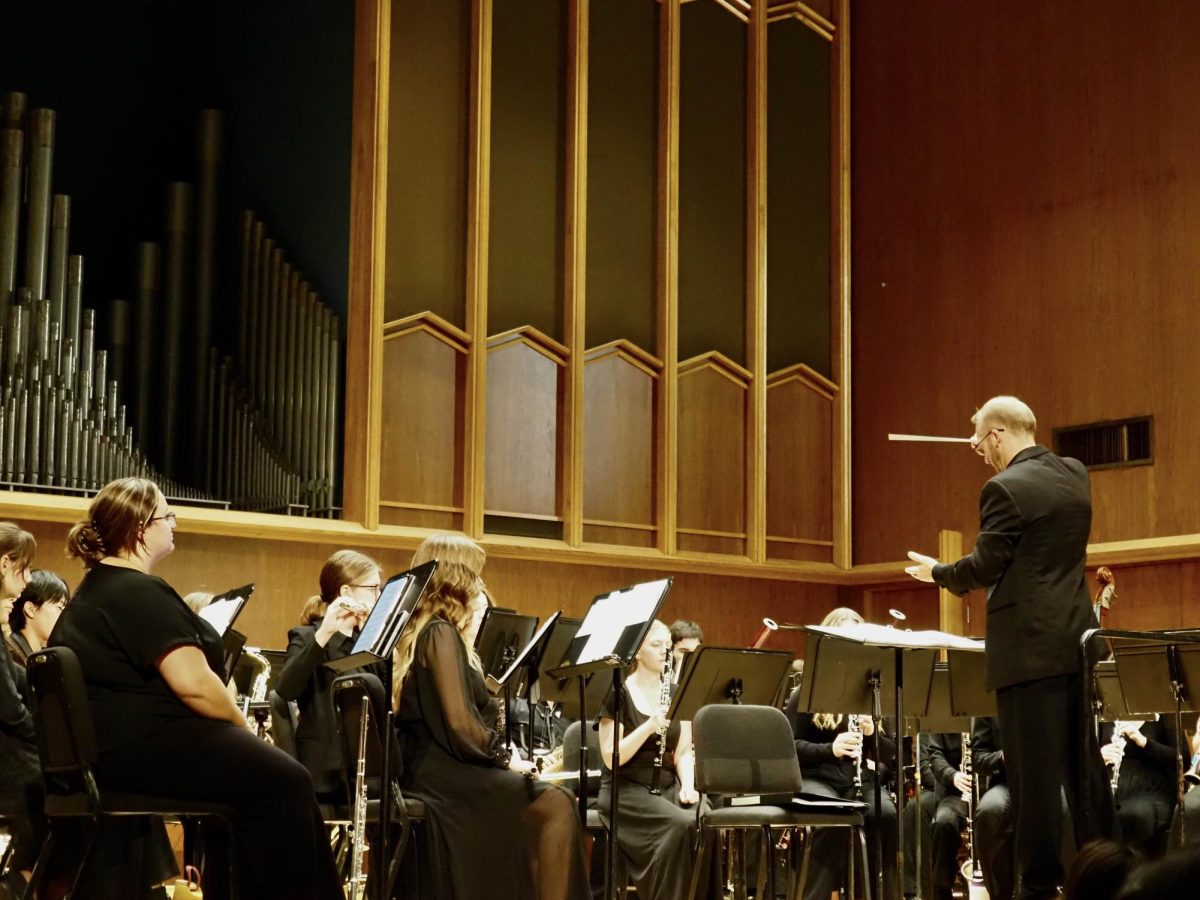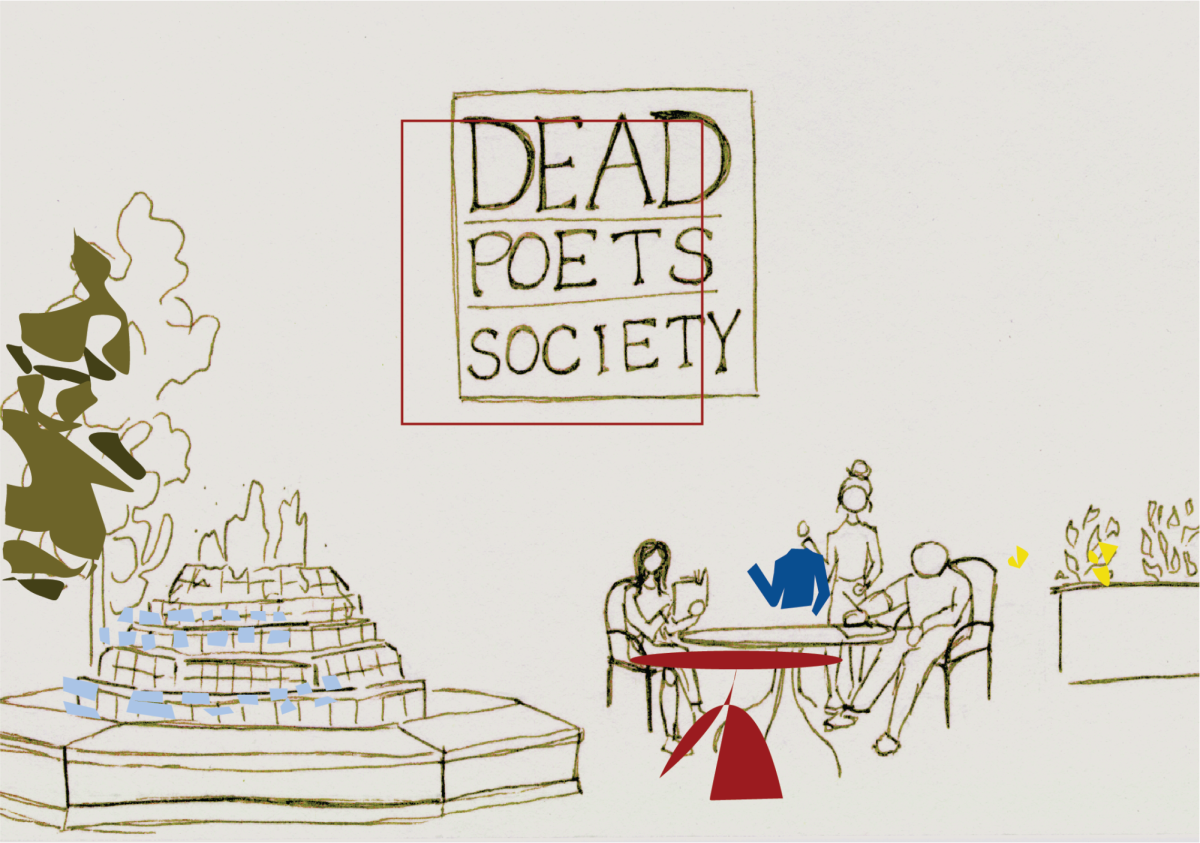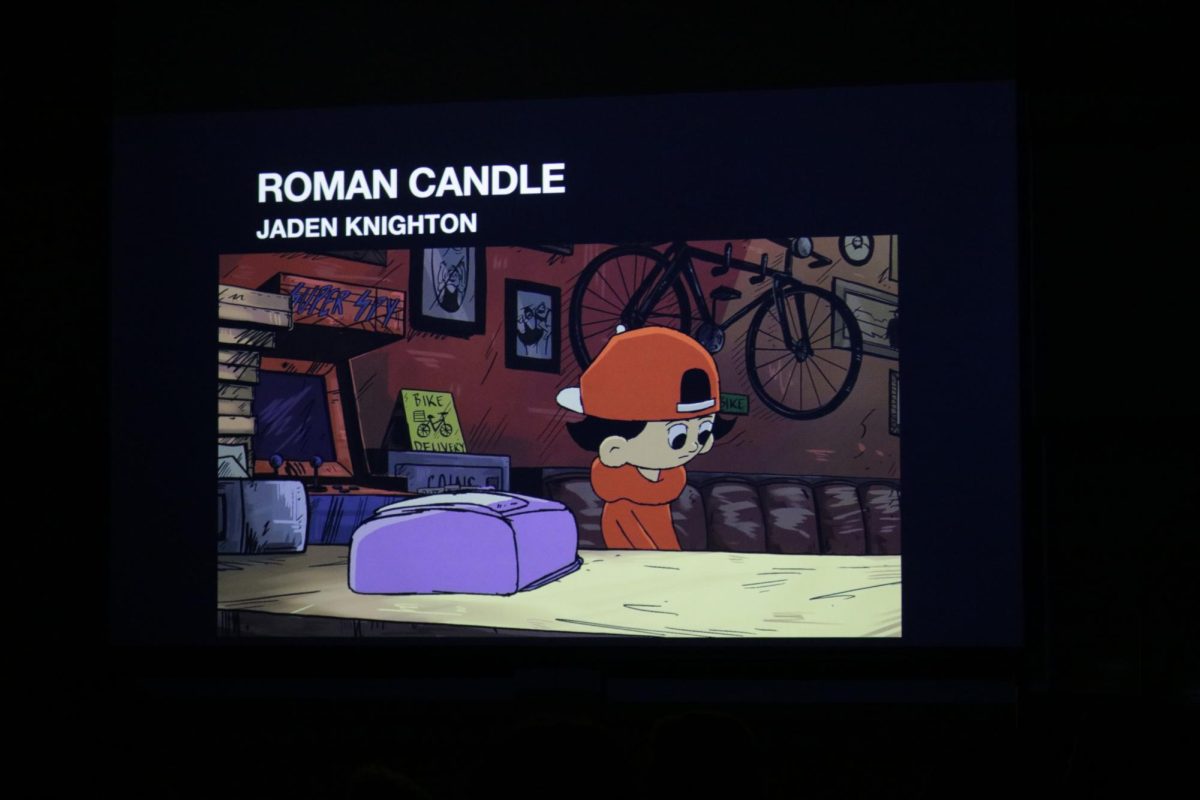The semester hasn’t officially begun until the fat lady sings. Ok, so maybe there aren’t any fat ladies singing in Biola’s Conservatory of Music’s opera production, “Devoted ‘Til Death,” but plenty of people automatically think of the fat lady when they think about opera. Or maybe their minds just automatically go to Bugs Bunny’s versions of Wagner’s ring cycle and Rossini’s “Barber of Seville.” Now that’s entertainment.
Unfortunately, Bugs Bunny is as close as some people are willing to get to opera, as evidenced by the number of people who attended “Devoted ‘Til Death” on its opening night on February 4.
Opera tends to get a negative rap, stereotyped as the long, boring shows with too many high notes. However, “Devoted ‘Til Death” is anything but boring. Its characters shine bright and its singers make those high notes pleasant to listen to.
As a writer and music lover, I can’t help but love opera and the dramatic stories, notes and acting that comes with it. Thanks to director Jeanne Robison, Biola Opera theater has taken what I love most about the genre from composers Puccini’s and Verdi’s most famous operas and prepared them for the stage at Crowell Hall. “Devoted ‘Til Death” presents scenes from the tragedies “Suor Angelica,” “Tosca,” “La Traviata” and “Rigoletto,” and breaks up the sadness with a bit of comedy from “Gianni Schicchi” and “Falstaff.”
Each scene from the various operas presents a compelling and tragic story. “Suor Angelica” follows a nun who longs to know what has happened to the son taken away from her years ago. In “Tosca”, a lustful official threatens to execute Tosca’s lover in order to get his way with her, while in “La Traviata,” a woman leaves the man she loves for the sake of his family honor, and in “Rigoletto,” a hunchback reveals the betrayal of the man his beautiful daughter loves. “Gianni Schicci” shows what happens when a family tries to discover what’s in a dying family member’s will, and “Falstaff” centers on two women who discover that they received love notes from the same man.
Although the tragedies shine, the comedies are what truly capture the audience’s love and attention. Having seen the full operas, I did not want any of the scenes to end, especially the comedies. While the tragic scenes capture the essence of their entire operas, the comedic scenes stop right when they’re getting to the good parts. The scene from “Falstaff” seemed especially short, and the singers’ priceless facial expressions in “Gianni Schicchi” only greatened my desire to hear and see more.
Above all, it is the voice that gives all of the operas life. What a small stage and budget restricted in sets and costumes, singers made up for in talent. Despite one singer who faltered on the majority of a key song and a few singers who had voices better suited for Broadway singing, the singers displayed professional voices.
The ladies shined brightest with Christine Lenz and Danielle Evans leaving strong marks. Lenz sang multiple roles, especially shining as the unloving relative who reveals the fate of Angelica’s son in “Suor Angelica.”
Evans’ performance as Tosca stole the night. Although she did not wear the traditional red dress expected of the role, she sang Tosca’s famous aria, “Vissi D’arte,” flawlessly and full of passion — a very difficult feat to accomplish.
If you still think opera is boring and confusing, think again. With these singers and Puccini and Verdi’s music, it’s easy to become enraptured. Brief introductions from the director explaining the plot and background of the operas make the plots easy to follow. Most of the operas are in English, and for the operas sung in Italian (something Biola singers have not done in their productions for many years), television screens conveniently placed on each side of the auditorium provide subtitles, a service the Music Department has provided for the first time in Biola history.
Aside from a few technical difficulties, “Devoted ‘Til Death’s” opening night succeeded in proving the Music Department’s deserved place at Biola. Besides, it’s so much better than Bugs Bunny.






